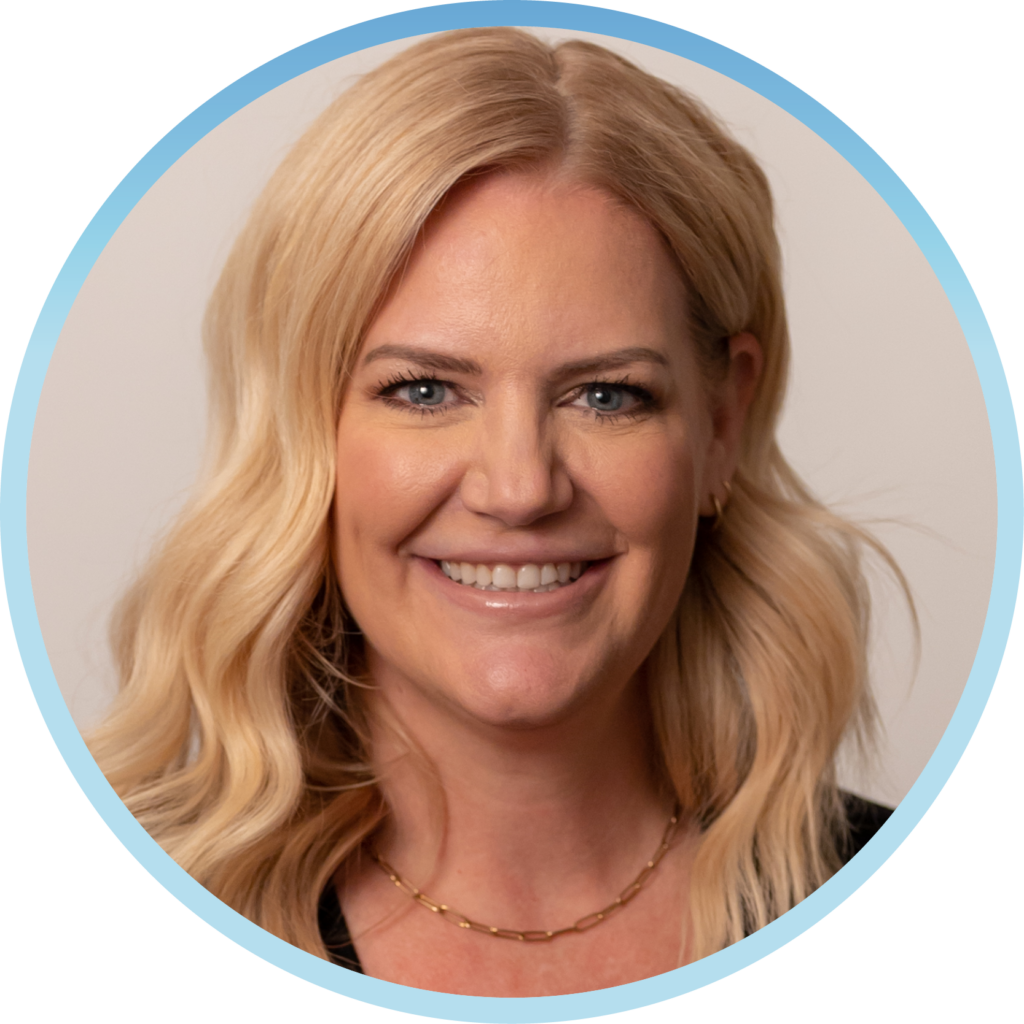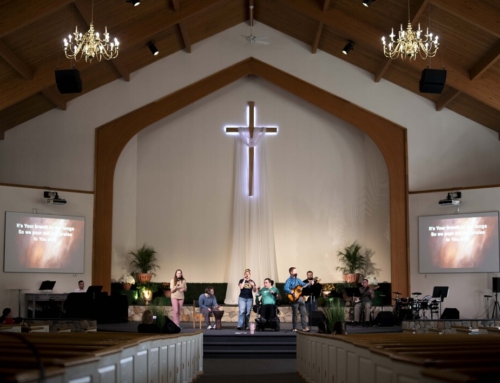Why People with Disabilities Are Siloed in the Church and How to Change That
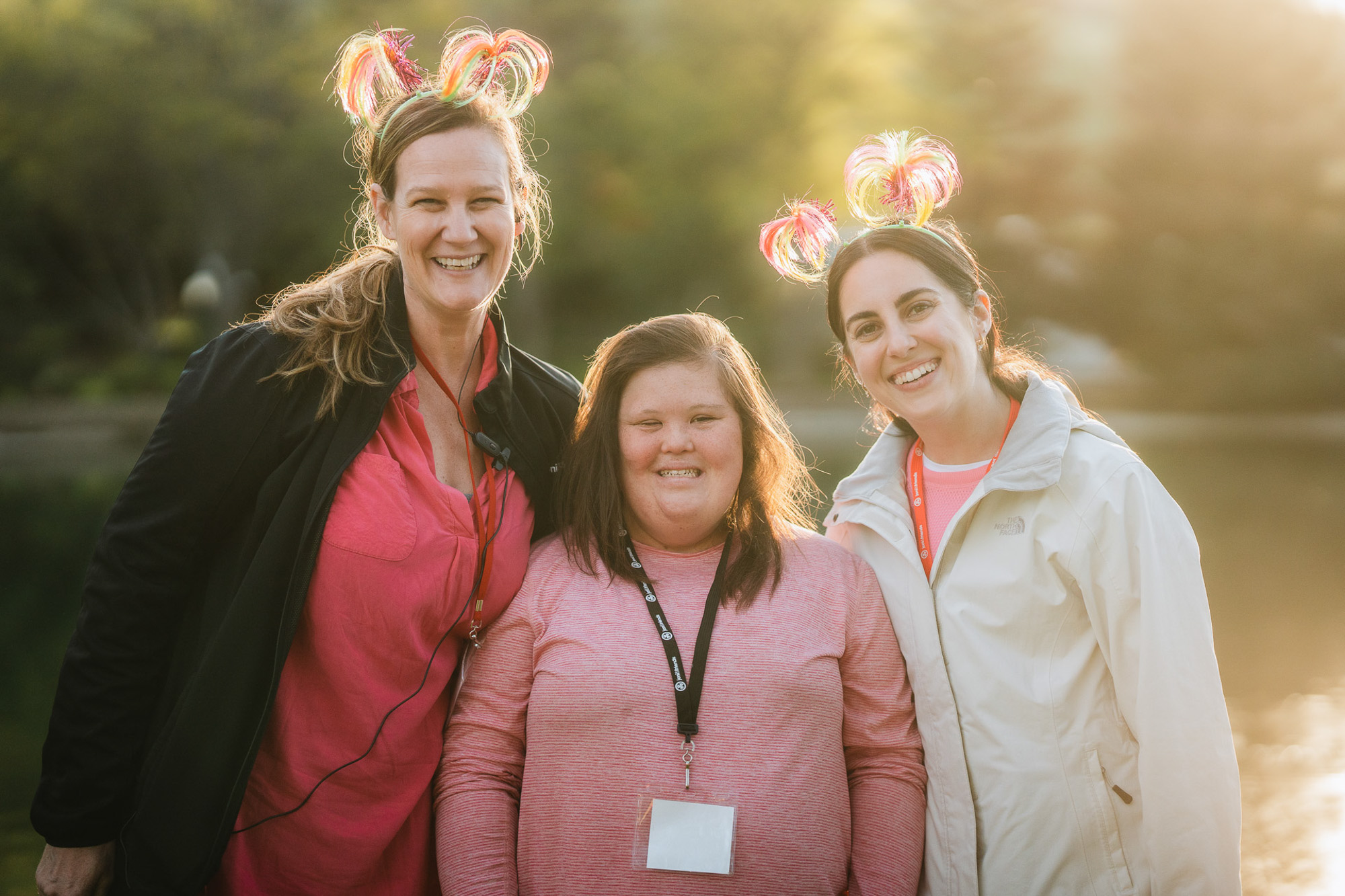
One of the first things we learn in Scripture about humanity is that it is not good for us to be alone. We were fundamentally created for relationship, both with God and one another. Needing others is by design, not a flaw. It’s what it means to be human.
And within the Church, this is all the more urgent! The Church is a body (1 Corinthians 10:17), a family (Ephesians 2:19), and a house (1 Peter 2:5), just to list a few of the metaphors found in the New Testament. Each of these metaphors emphasizes the fact that we are a community of believers in which every person has a role to play in fulfilling the Great Commission: to go make disciples!
But within churches, people with disabilities often find themselves siloed and separated from the main church body.
How does this happen? And perhaps more importantly, how do we break down silos once they are formed?
Why Silos Form
No one sets out to silo people with disabilities. Silos are not the result of ill-intent. But for one reason or another, many people with disabilities find themselves alone, even in the middle of a crowd. Why? Here are a few of the most common reasons.
1. Disability is seen as “specialized.”
In the world at large, disability is usually only interacted with in professional settings. Special education, therapist offices, and medical settings are the default ways disability is seen and discussed. None of these things are bad. They provide services that are helpful and good! But for church leaders who haven’t interacted much with someone who has a disability, “disability” can seem foreign, alien, and (to be perfectly honest) somewhat frightening.
They may even genuinely believe that they’re better off letting “the experts” serve people with disabilities. This creates distance that can easily cause silos.
This leads to the second reason silos form.
2. Churches do not see their need for people with disabilities.
Without even realizing or fully articulating it, churches may come to believe that “people with disabilities,” as a group, are fundamentally needy. And while churches certainly have a heart for the needy, they have a limited capacity to help.
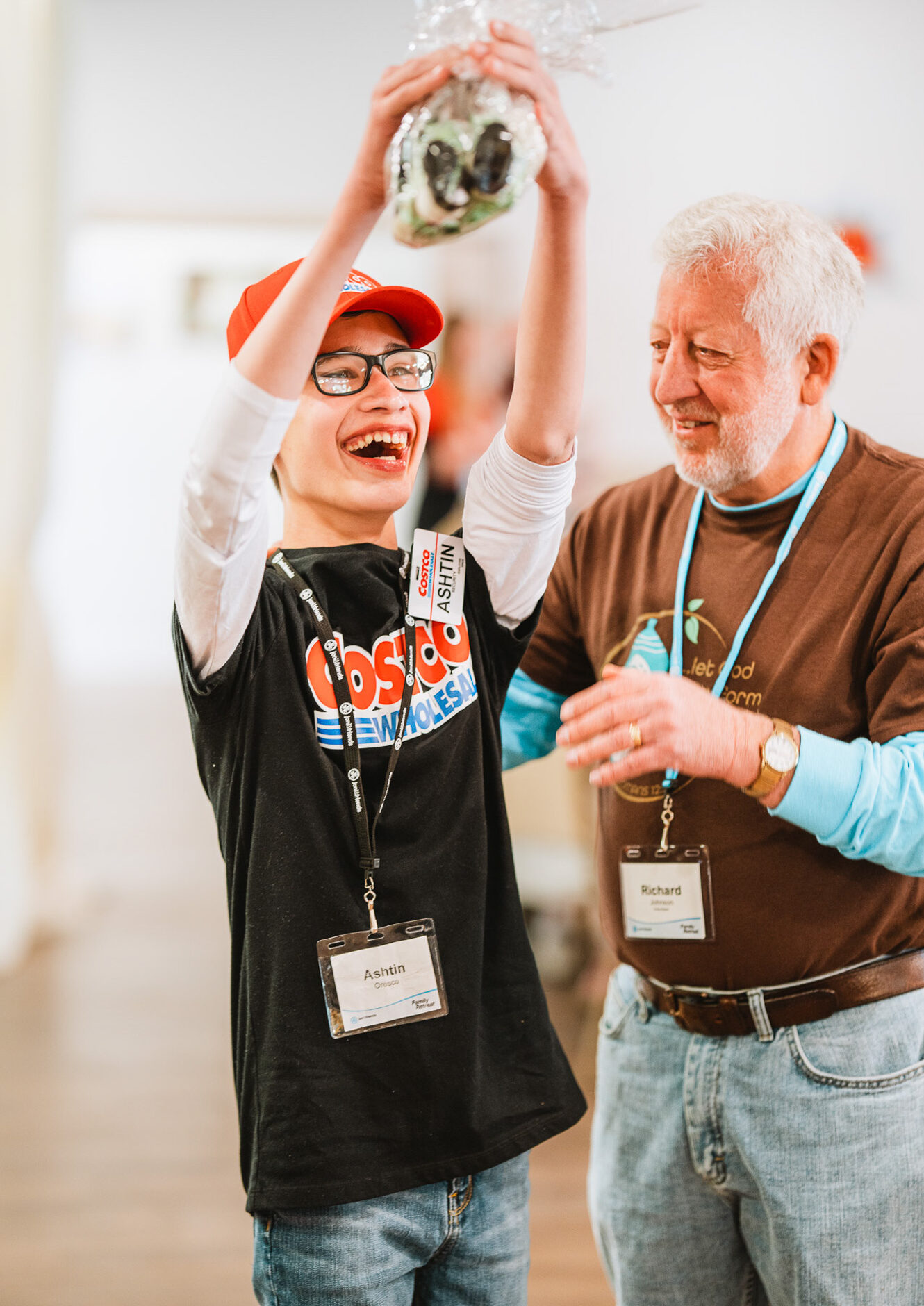
No one church can do everything! When “disability ministry” is thought of as a mercy ministry, it becomes one more area of need among others. There are many worthy and good causes to which churches must say “no.” As wise stewards of their time, space, volunteers, and money, saying no is necessary!
But “disability ministry” cannot be reduced to a mercy ministry.
For one thing, people with disabilities are present at every age, stage, and income level! The “disabled” community is not an outside separate group, but a part of every group of people your church already serves. People with disabilities are inherently a part of the of mission your church is engaged in.
Because of the many types of disabilities and the variety of ways people are affected, it’s not even appropriate to think of them as a single group! What does someone with autism have in common with a wheelchair user? Or someone with PTSD and someone born blind? So, when a church is presented with the opportunity to “serve people with disabilities,” it can sound daunting. “How can we know everything about disability to serve people well?”
Which leads to the third reason disability ministries often wind up siloed.
3. The “disability ministry” leader is shouldering a responsibility meant to be shared across the whole church.
Many disability ministries form because of a concerned parent. When they approach their pastor, the pastor, aware of their limited knowledge of disability, staff, volunteers, and resources, asks the parent if they would be willing to lead an effort to serve people with disabilities. The parent, if they agree, may not be fully aware of what they’re taking on. They may find themselves planning lessons, teaching, managing behavior at church, recruiting, training, and scheduling volunteers, designing flyers, and maintaining relationships with the families they serve. Is it possible someone has the capacity, gifting, and skills needed to do all these things? Of course. Is it likely? Absolutely not.
This commonly leads to burnout and exhaustion. After spending every weekend serving, many will leave the church looking for a safer place to serve in ministry where their family’s needs are better met. Or, even more sadly, decide there is not a safe place for their family in a church.
What Can be Done?
Knowing where siloes come from is a good way to keep them from forming, but also is a good start to getting out of a silo. How we got into a silo will show us how to get out. In general, here are two tips for bringing disability out of the periphery and into the center of church life.
1. Connect Disability Ministry with the Church’s Mission
Every church has a guiding principle that shapes its mission. This might be loosely defined, or carefully crafted. In any case, how do people with disabilities fit into the existing mission of the church? This helps avoid disability ministry being seen as new or novel, but instead as an extension of the core mission of the church.
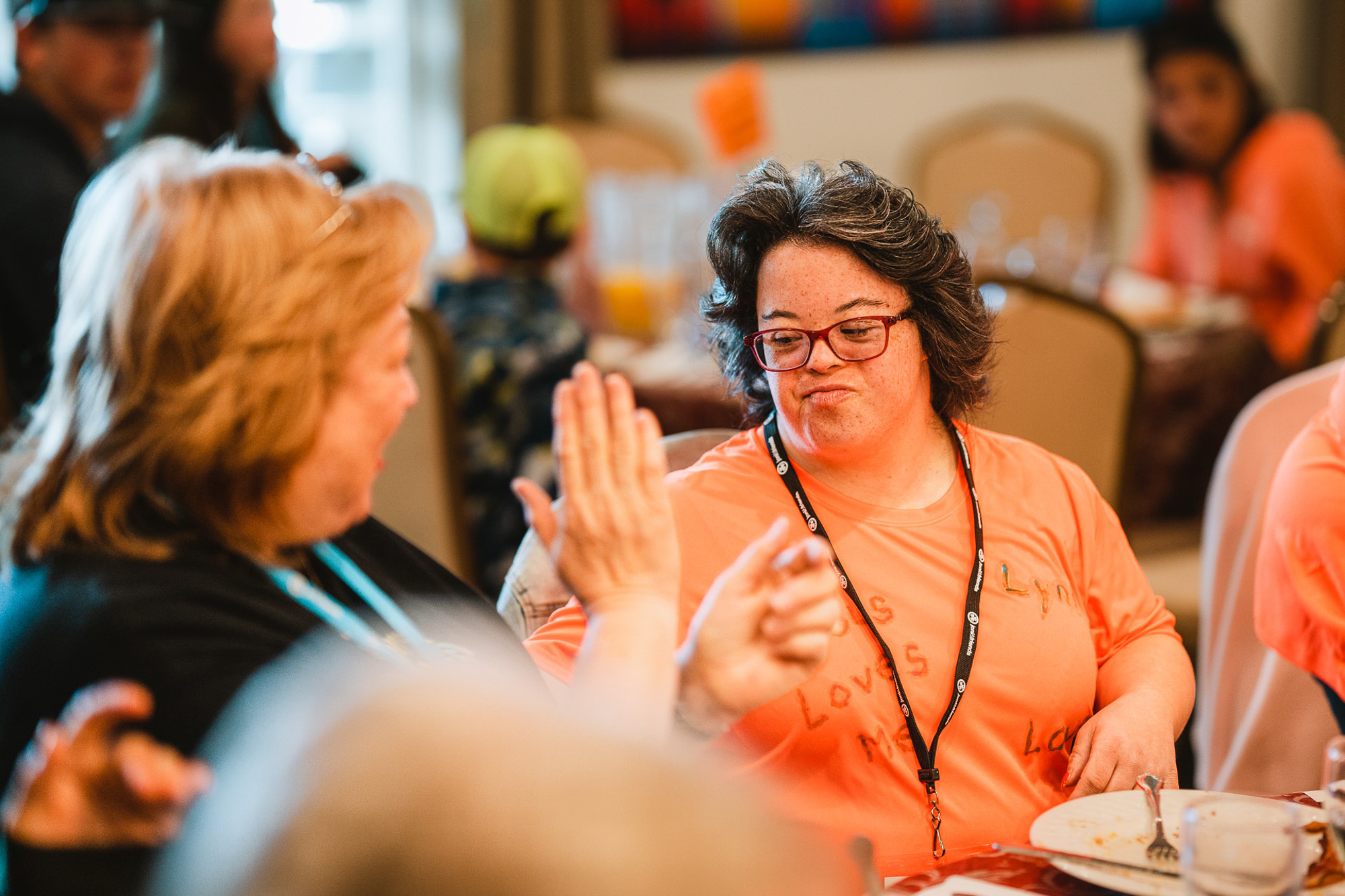
2. Ask for Specific Help
Learning how to ask for help is itself a skill. Begin by making a detailed list of every activity performed by your disability ministry team. Then, ask, “What skill is required to perform each task?” You’ll be surprised to find how little of what’s on the list has anything to do with disability. Many people are unwilling to help because they believe they don’t have the needed skills or experience. Detailing specific roles and tasks helps people identify how they can use what God has given them to serve.
Both tips will help the church leadership move from being permissive of disability ministry to being supportive. Every ministry falls somewhere on a spectrum between simply being allowed to being supported by leadership to ensure sustainability and success. A good way to assess this for your church is to answer the question, “Who knows what I do, and who would know how to do it if I were gone?” If the answer is “no one,” you are in a silo. If the answer is only someone else within the ministry, you’re in danger of becoming a silo.
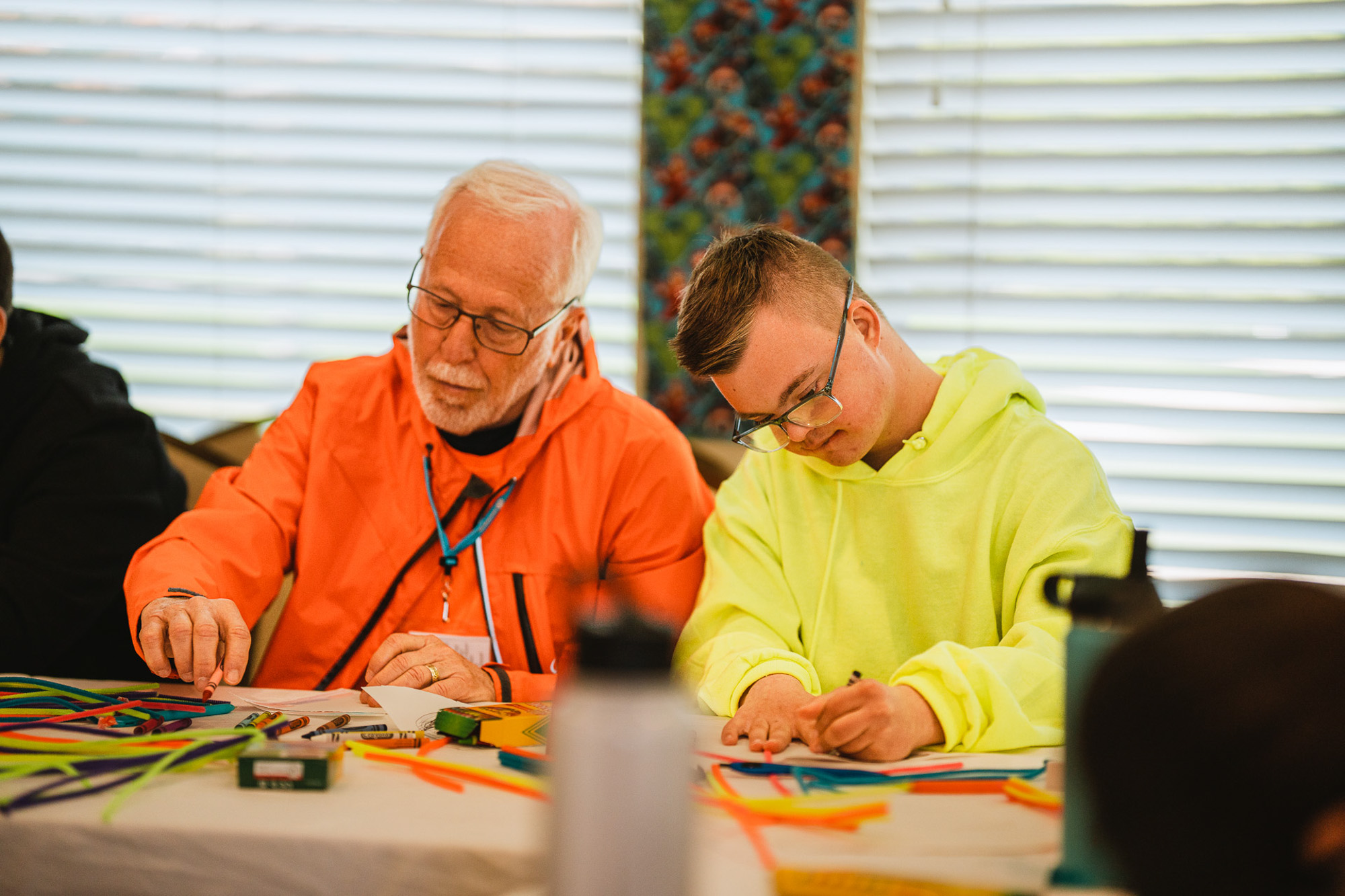
You’re Not Alone
It can feel discouraging to be in a silo. But you are not alone. If you’d like to speak to a real person, contact us today. Someone will pray with you and help you form a plan to get out of the silo. Whenever possible we would like to help facilitate a discussion with you and your church leadership. Joni and Friends’ mission is “to glorify God as we communicate the Gospel and mobilize the global church to evangelize, disciple, and serve people living with disability.” And if we can support you and your church in that, we would be honored to do so.

Do You Have Questions?
Contact us at [email protected] or call (818) 707-5664. We’re here for you. Your ministry’s success is our highest priority!
How the Church Can Celebrate People with Disabilities
As a single mother raising two daughters with special needs, Hannah leans on the Lord for strength and hope. And having found belonging and love through her local church, Hannah encourages all churches—and believers—to embrace and celebrate people living with disabilities.
